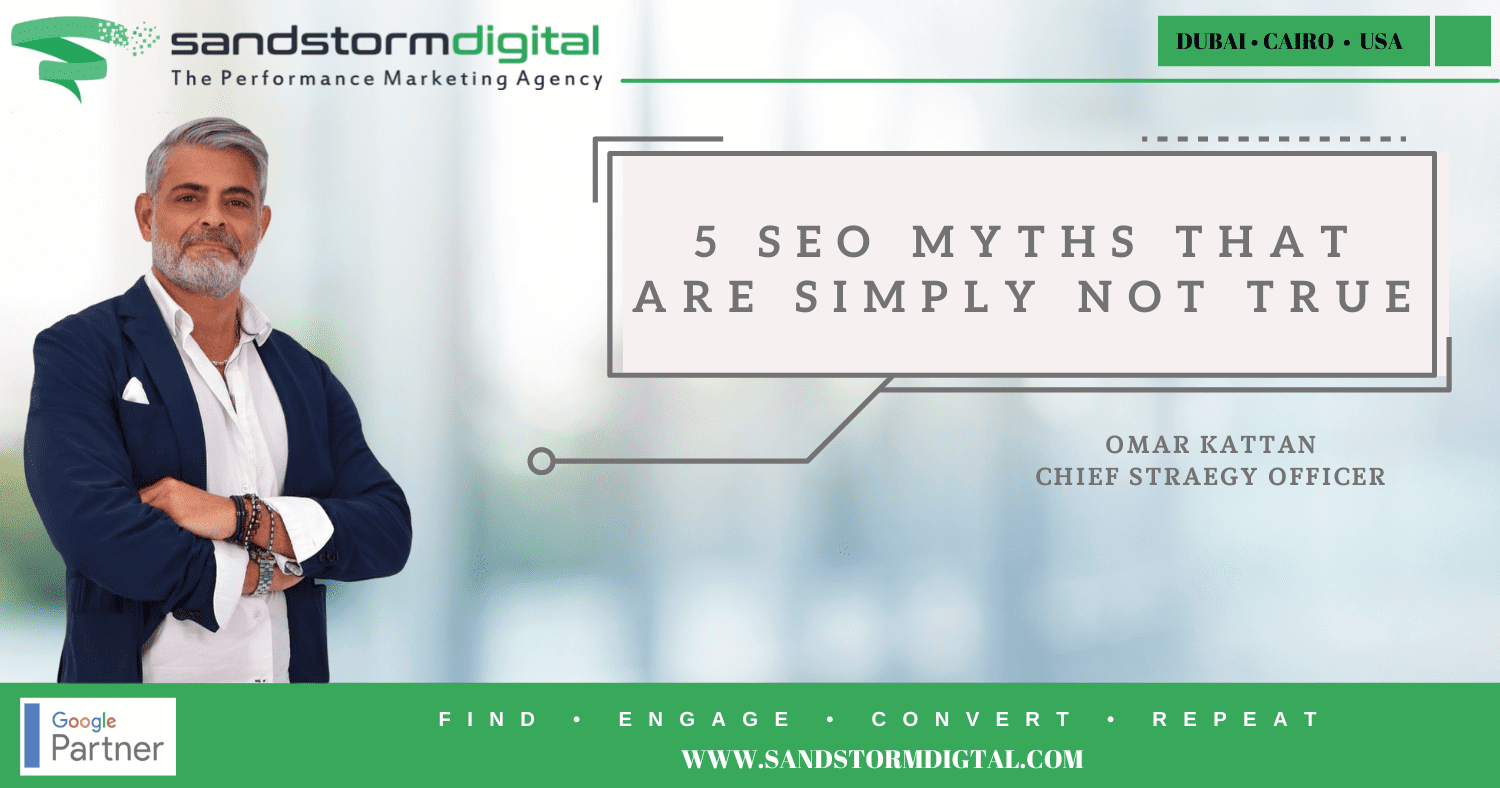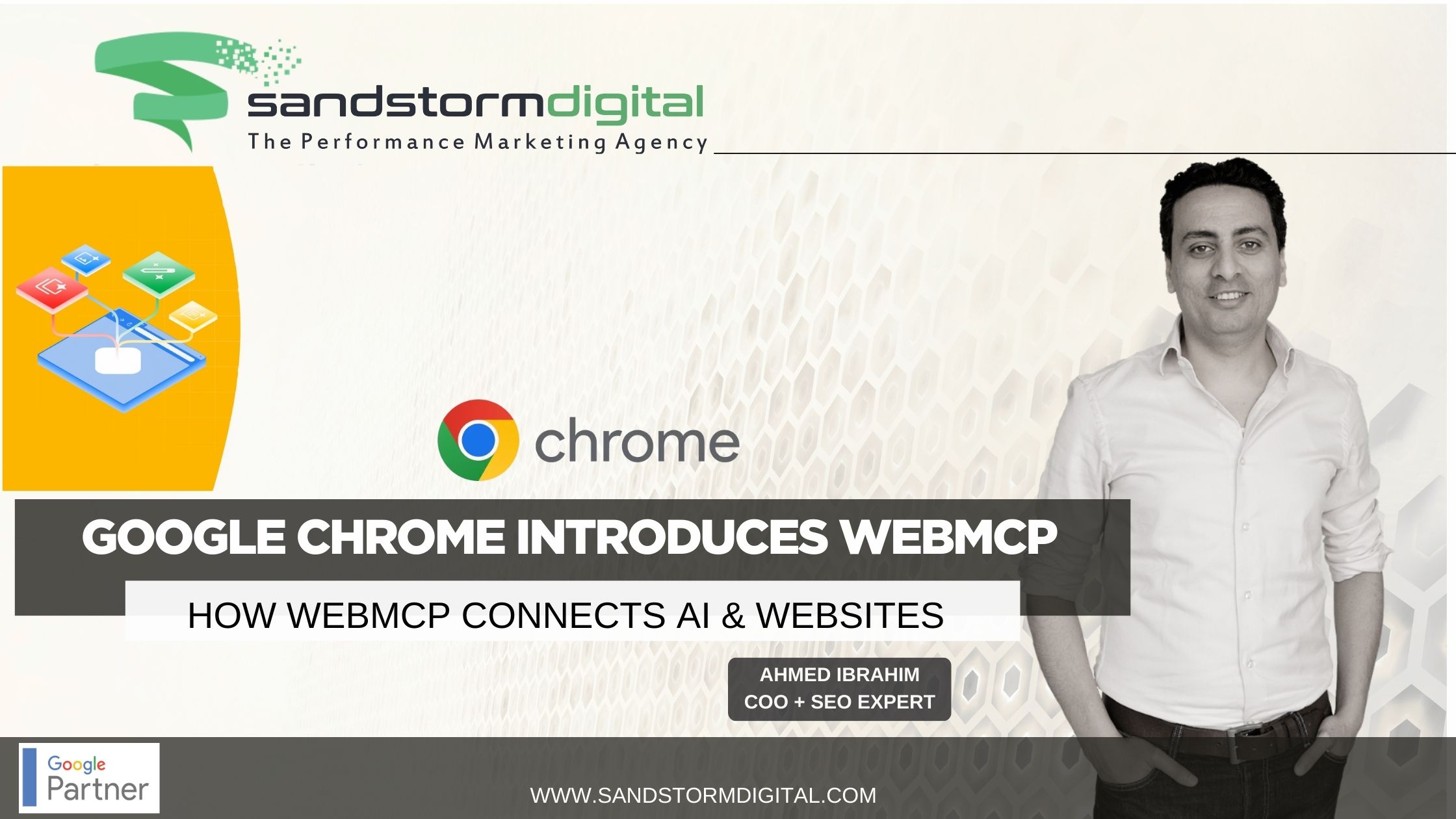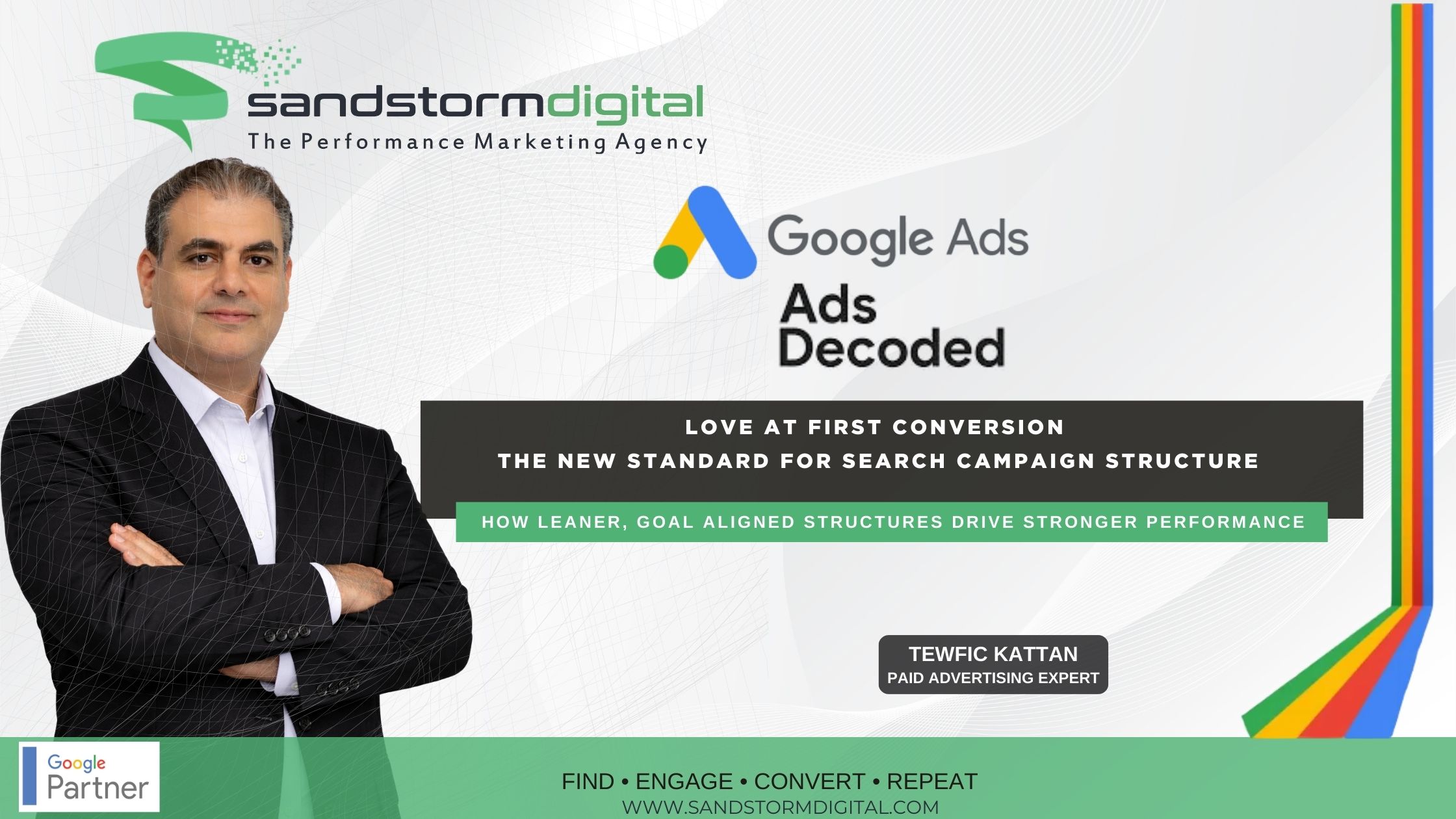Have you been hearing a lot about SEO (search engine optimization) but don’t quite understand how it works? Do you think that all the search engine optimization talk is just a bunch of jargon designed to confuse you? Well, there’s no need to worry. This article will break down some common SEO myths and explain why they’re not true.
When the internet first made the scene, people used search engines like Google just for checking out websites or doing light reading. They didn’t have to optimize anything because their website would be shown wherever it was relevant in the listings for your keywords. As more websites were created, though, it became harder for users to find what they were looking for without searching through every single result on the first page. Search Engine Optimization became a necessity for companies who wanted to stay afloat online, but, don’t let your company be one of the many to fall for the following SEO myths.
SEO Is a One-Time Process
A common SEO myth is that you only need to optimize your content once, and it will bring in results forever. SEO is an ongoing process that requires constant improvement and attention. As search engines update their algorithms, keywords become more difficult to rank for. That being said, anybody who tells you that search engine optimization can be done in one day and never be touched again is simply uneducated or straight-up lying to you. SEO is a never-ending battle and will require constant attention and modification to continue ranking and gaining website traffic.
Keywords Are All that Matters
Another common SEO myth is that keywords are all that matters when it comes to ranking content. It is true that keywords are still very important in the world of SEO. For example, if you wanted to rank for the term “SEO,” it would be wise to dedicate several articles on your site that speak specifically about that topic. However, Google has evolved over time, and so have its ranking algorithms. Today’s algorithms pay attention to many different factors when trying to figure out which web page should lead the search engine results page (SERP). The content itself needs to be useful, but other things like title tags, meta descriptions, word count, and images/videos in the piece all play a role in how well you rank for any given keyword.
Social Media Has No Impact on SEO
No matter what someone might tell you, social media does have a huge impact on SEO. While keywords, backlinks, and alt tags are important, so is a strong presence on sites like Twitter and Facebook.
In fact, according to Moz, a keyword research tool, posts shared on popular social media sites have been able to increase the prominence of web pages in search engine rankings by an average of 73%. This can be attributed in part because people tend to link or retweet content that is interesting or relevant to them.
Social signals also help search engines determine if a website is trusted and reputable, which is what they’re constantly trying to do when ranking your page.
You want your social media property (e.g., the business’s Facebook page) pointed at your website’s URL, not at some other string of characters created by the platform — no matter how many pretty emojis it includes.
Meta Tags Don’t Matter
The fourth common myth relating to SEO is that meta tags don’t matter. This has to be one of the most frustrating things about SEO in general; everyone knows that Google uses meta tags to determine information about your site (although they don’t use all of them), but people will downplay their effectiveness like they’re no good — especially if they work. Meta tags are not just for search engines, though; web browsers use them, too.
The truth about this myth is that it doesn’t matter whether Google’s spiders read your custom titles and descriptions; what matters is how human visitors do. If someone is searching for something specific on Google and your site pops up, do you want the first thing they see to be irrelevant to what they searched for? No, you want them to see exactly what they came looking for, and that’s why meta tags are so important.
What should you put into your SEO meta tag article description or custom title? Think about how a visitor would search for the page and describe the subject as concisely as possible while including important keywords. Keep in mind that visitors can see your meta tag information, too, so don’t make it sound like gibberish.
SEO Doesn’t Matter
Last but not least, the biggest myth of them all is that SEO does not matter. OK, so how do you think this article is showing up on the first few pages of Google? If SEO didn’t matter at all, someone would have stolen it by now. There are over 200 million websites on the web, and only 10 spots are available on the front page of SERPs.
You cannot say that SEO does not matter. It’s essential to your digital marketing strategy, but it’s evolving every day with new rules and new best practices for making sure you’re one step ahead of everyone else.
Final Thoughts
There is so much information on the internet, and not all of it can be trusted. When it comes to SEO, there are hundreds of myths, and you cannot trust anything somebody tells you about the best SEO practices. It is important to base your digital marketing strategy on proven results. With so many lies floating around, there is still one thing that has been confirmed, and that is that link building helps boost your website traffic. So, now that you know not to believe anything you hear about SEO, what are you waiting for? Start applying true SEO tactics to see real results today.










